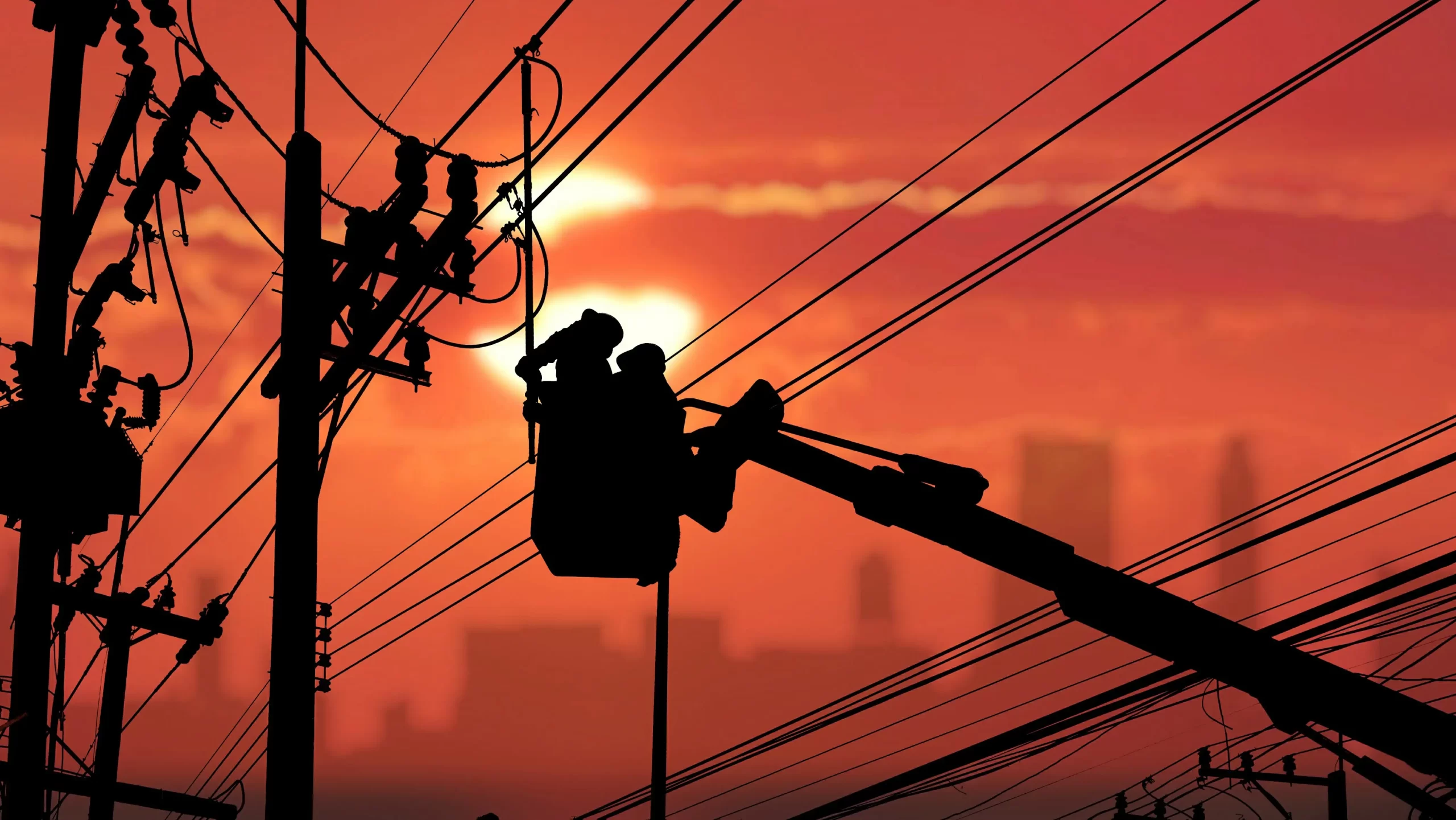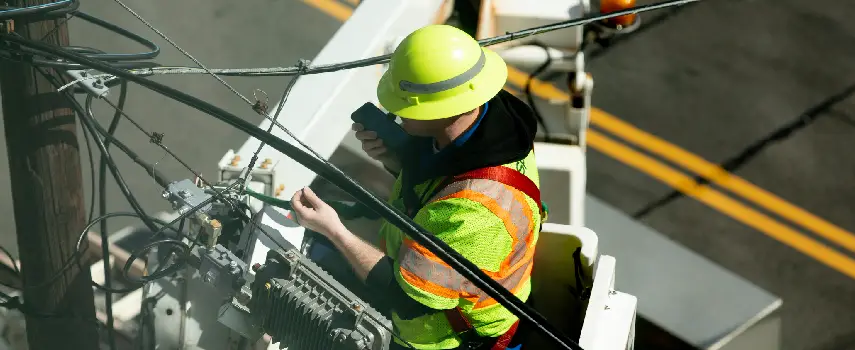Linemen—also known as line workers or utility workers—are vital to keeping New York powered and connected. Whether repairing downed power lines after storms, installing new infrastructure, or responding to emergencies, linemen face hazardous conditions nearly every day. The physical nature of the job, combined with exposure to heights, live electricity, and severe weather, makes the risk of injury significantly higher than in many other occupations.
When injuries happen, New York’s workers’ compensation system is designed to provide medical care and financial support. But filing a claim and navigating the process can be challenging without knowing what to expect.
A Dangerous but Essential Job
Electrical linework is consistently ranked among the most dangerous jobs in the country. The U.S. Bureau of Labor Statistics (BLS) data shows linemen had fatality rates between 19.2 and 23.9 per 100,000 from 2011–2015, compared with about 3.5 per 100,000 for all vocations. The risks are not only fatal. Linemen also experience a high rate of nonfatal injuries due to:
- Electric shock and burns from contact with live wires
- Falls from poles, ladders, or bucket trucks
- Musculoskeletal injuries from heavy lifting and repetitive motion
- Injuries caused by working in severe weather or emergency conditions
Workers’ Compensation Benefits for Linemen in New York
Under New York law, linemen injured while on the job are generally eligible for workers’ compensation benefits. These benefits are administered by the New York State Workers’ Compensation Board and typically include:
- Medical care for injury-related treatment
- Permanent impairment benefits, such as Schedule Loss of Use (SLU) awards
- Rehabilitation services, including physical therapy
- Death benefits for surviving family members in the event of a fatal workplace accident
- Wage replacement, generally equal to two-thirds of your average weekly wage (subject to state maximums)
Whether employed by a public utility, private contractor, or municipality, linemen are covered under the same statewide system. Independent contractors may face more complex claim situations and should confirm employment classification.
Steps to Take After a Work-Related Injury
If you’re injured while working in the field, taking the correct steps early on can help ensure your benefits aren’t delayed or denied. New York has specific deadlines and documentation requirements that linemen should follow closely:
- Notify your employer or supervisor promptly. Ideally, this should happen as soon as possible after the incident. State law requires that notice be given within 30 days.
- Get care from a Board-authorized healthcare provider, and let them know the injury is work-related. A list of approved providers is available on the Workers’ Compensation Board website.
- Submit a formal claim by completing Form C-3 — either online or in paper form. This must be done within two years of the accident or the onset of a work-related illness.
- Keep thorough records, including doctor’s notes, medical bills, diagnostic tests, and a log of missed workdays or light-duty assignments.
Even if your claim is denied at first, you still have the right to request a hearing or appeal the decision. Understanding the process—and acting quickly—can make all the difference in accessing the benefits you’re entitled to.
Long-Term Risks and Return-to-Work Challenges

Many line workers suffer from long-term conditions after returning to work, including chronic pain, nerve damage, or psychological effects from traumatic incidents.
If your injury results in a permanent disability or prevents you from returning to the same type of work,
you may qualify for additional benefits such as vocational rehabilitation or a Section 32 settlement. In cases of severe injury, some workers may also be eligible for Social Security Disability Insurance (SSDI) in addition to workers’ comp. More details are available from the Social Security Administration.
Protect Your Rights and Access Support
As a lineman, your work keeps communities running—and you deserve full support if injured on the job. The New York State Workers’ Compensation Board offers resources, claim forms, and assistance for injured workers. Union members should also reach out to their representative for guidance. Understanding your rights and taking prompt action after an injury can make all the difference in securing your health, income, and future.


